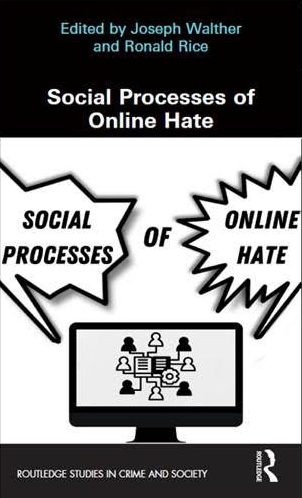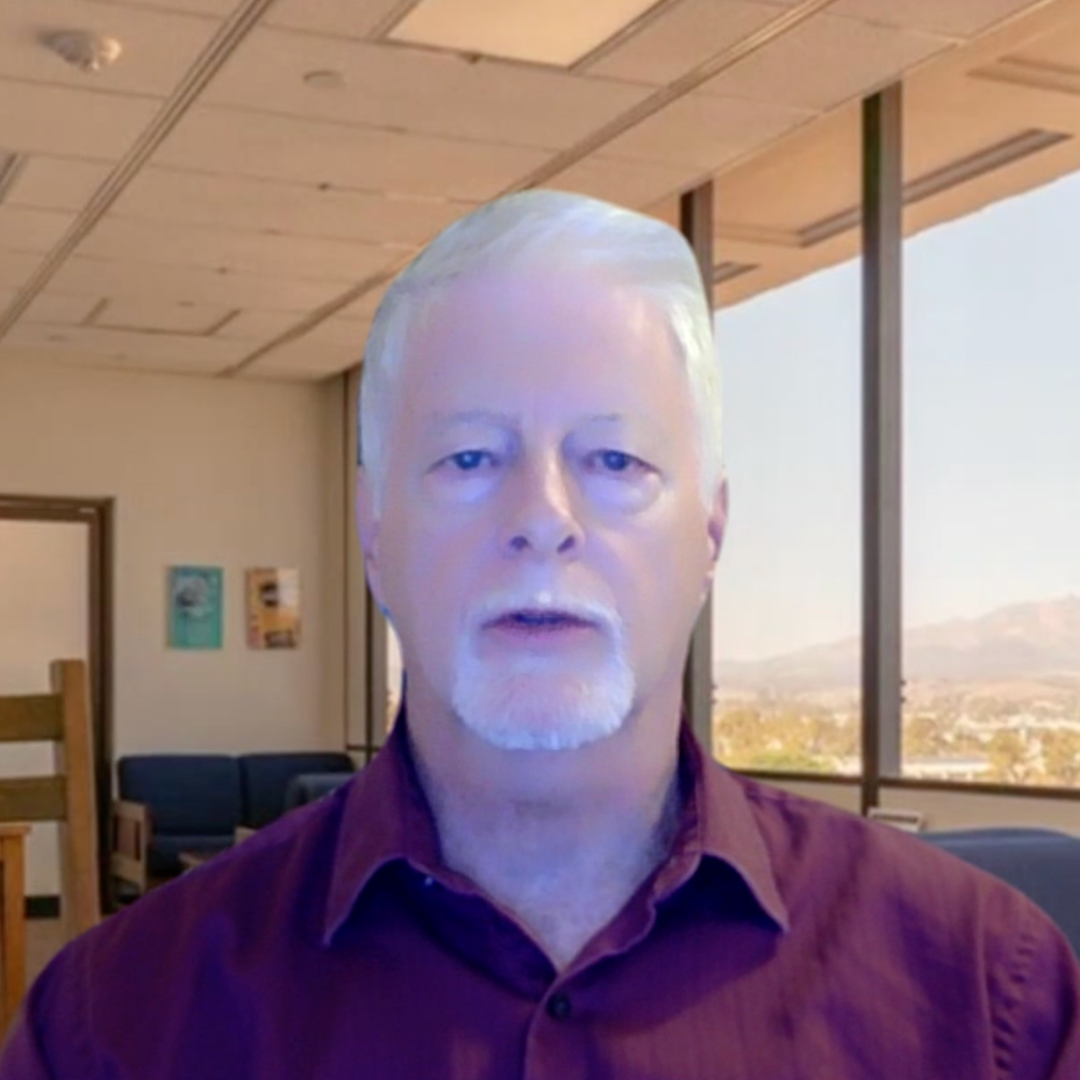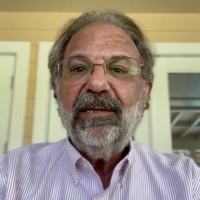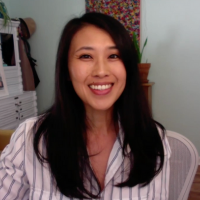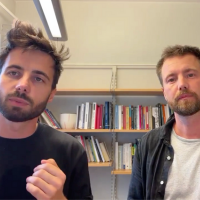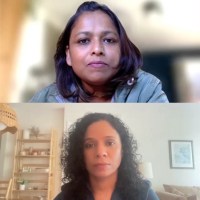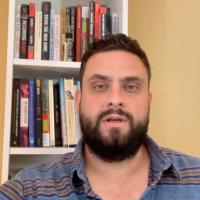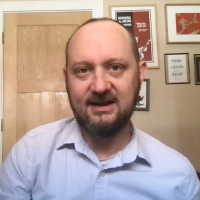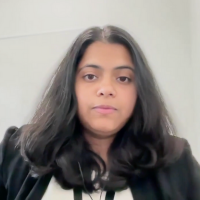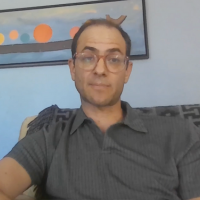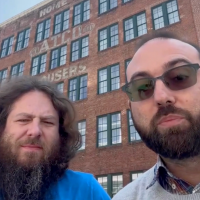“Introduction to Social Processes of Online Hate” by Joseph B. WaltherJoseph B. Walther holds the Bertelsen Presidential Chair in Technology and Society at the University of California, Santa Barbara, where he is a distinguished professor of communication and former director of the Center for Information Technology and Society. A Fulbright Scholar, Fellow of the International Communication Association, he has developed several influential theories and behavioral science studies focusing on the effects of mediated interaction in personal relationships, groups, interethnic conflict, and the reduction of prejudice. and Ronald E. RiceRonald E. Rice is Arthur N. Rupe Chair in Social Effects of Mass Communication and Distinguished Professor of Communication at the University of California Santa Barbara, Santa Barbara, California, USA. He holds an honorary doctorate from the University of Montreal. Prof. Rice is a former president and a Fellow of the International Communication Association. He has conducted research and published widely in communication science, public communication campaigns, computer-mediated communication systems, research methodology, organizational and management theory, information systems, information science and bibliometrics, and social networks. orients readers to the notion that hate messaging in social media is a cross-product of communicative interactions among hate posters and the affordances of social media. What appears individual is actually social, and what appears unorganized is actually highly coordinated. It re-orients the study of online hate in ways that the entire volume illuminates.
Social Processes of Online Hate
Edited by Joseph B. Walther & Ronald E. Rice
Routledge Press 2024
OPEN ACCESShttps://doi.org/10.4324/9781003472148
The expression of hate online—racism, sexism, religious bigotry, xenophobia, and other forms—is one of the biggest problems with social media today. Traditional perspectives focus on haters as individuals, failing to consider the social nature of social media. New groundbreaking research puts the critical influence of interactions among and between online aggressors center-stage. These chapters show how coordinated and strategic processes among haters make sense, can be studied, and how they illuminate online hate in a number of settings.
